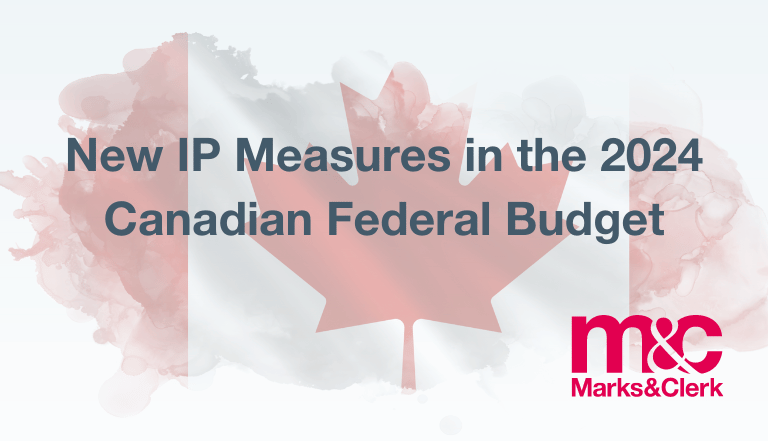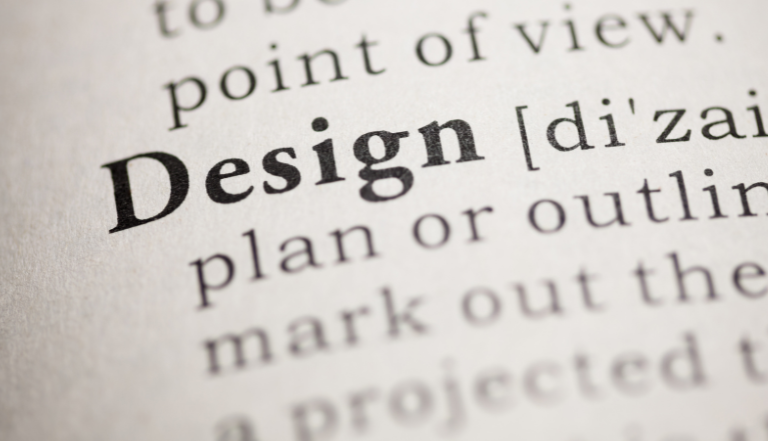Germany has finally ratified the Unified Patent Court Agreement, its Constitutional Court having rejected two applications for a preliminary injunction to prevent ratification. This removes a significant hurdle to the commencement of the Unified Patent Court (UPC) system but that is not to say that it will start any time soon. The UPC preparatory committee, which consists of representatives of the countries which signed the UPC Agreement back in 2013, estimates that the UPC will start operating in mid-2022. It is certainly unlikely that the UPC will start its operations before then but it may well be later, perhaps much later, as there remain some practical and legal hurdles to overcome.
The UPC Agreement now appears to have been ratified by a sufficient number of participating countries for it to be able to enter into force. The Agreement provides that it will enter into force “on the first day of the fourth month after the deposit of the thirteenth instrument of ratification …, including the three Member States [of the EU] in which the highest number of European patents had effect in [2012]”. Originally this meant France (which deposited its instrument of ratification in 2014), Germany and the United Kingdom. The United Kingdom also deposited its instrument of ratification but this was withdrawn in 2020, following the UK’s departure from the European Union. The UPC preparatory committee, according to its website, considers that this ratification deposit requirement now relates to France, Germany and Italy. If correct, only the deposit of Germany’s instrument of ratification remains to be done, as Italy deposited its instrument of ratification in 2017. Germany will not do this straightaway but only once the new court is ready to start operation.
As a practical measure, before Germany brings the UPC Agreement itself into force, the participating countries will wish to bring into operation the “Protocol on Provisional Application of the UPCA”, as this will enable necessary preparatory steps to be undertaken, such as the recruitment and training of judges. For this to happen, Germany and two more countries need to ratify this Protocol, in addition to the countries that have already done so. It is not clear when this will happen or how much time will actually be needed to complete the preparatory work for the UPC. The preparatory committee estimates that 8 months will be sufficient, so if its mid-2022 estimate for full operation of the UPC is to be met, the Protocol will need to be brought into force by the end of October 2021.
A more fundamental obstacle is that the UPC Agreement provided that the work of the Central Division of the UPC would be split, according to patent classification, between Paris, London and Munich. As the UK is no longer participating, this clearly is not workable in its present form. Some commentators have suggested that the work that would have gone to London can simply be re-allocated between Paris and Munich, perhaps as an interim measure. However, the UPC Agreement does not expressly provide for this and it arguably requires amendment before it can enter into effect. Ultimately, agreement will need to be reached between the participating member states as to the location of the branch of the Central Division that would have been in London. Milan is seen as a possible location but Italy may face competition from other countries.
In the meantime, applicants for and proprietors of European patents should keep abreast of developments and bear in mind that, once the UPC is ready to go, they will need to decide whether to opt their (non-unitary) European patents out of the jurisdiction of the new court and, for applications that will grant after the commencement of the UPC, whether they should request validation of their European patents as a unitary patent in those countries that are participating in the UPC, plus national patents in other European Patent Convention states, or to validate on a purely national basis as is currently the practice.



